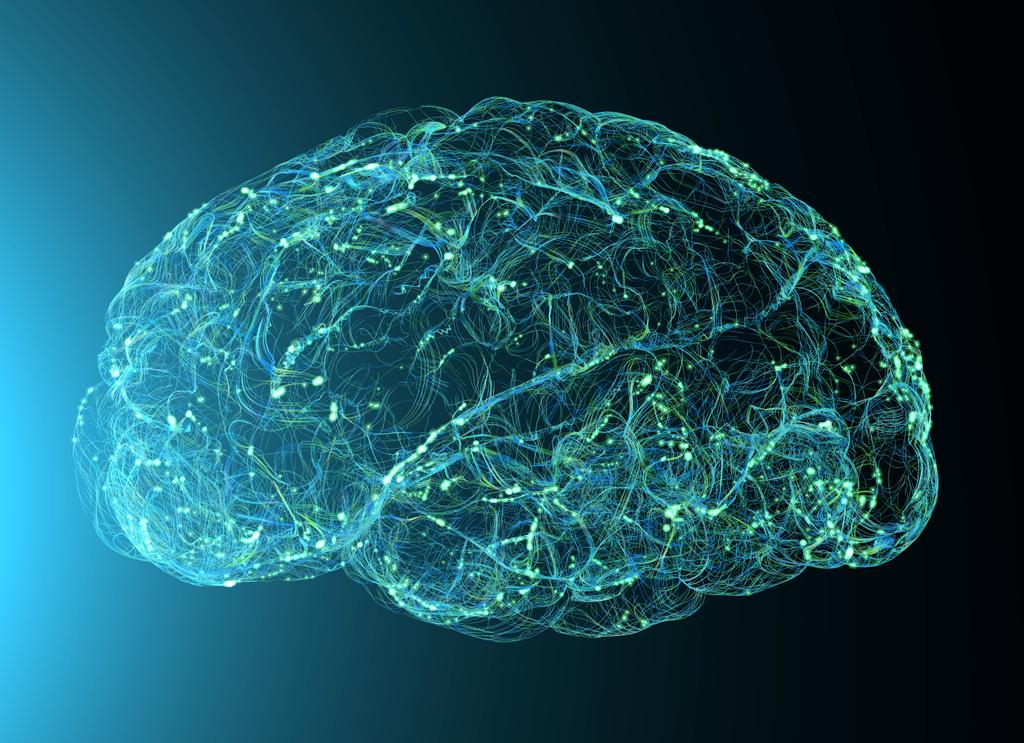Neurogenesis: Nootropic Explained
09/13/2023

Welcome, brain enthusiasts! Get ready to dive into the fascinating world of neurogenesis and nootropics. We're about to embark on a thrilling journey, exploring the intricate workings of our brain and the substances that can enhance its performance. So, buckle up and let's get started!
Before we delve into the nitty-gritty, let's get a quick overview. Neurogenesis is the process by which new neurons, or nerve cells, are formed in the brain. Nootropics, on the other hand, are substances that can enhance cognitive function. Now, let's dive deeper and explore these concepts in detail.

Understanding Neurogenesis
Neurogenesis, as the name suggests, is all about the birth of neurons. It's like a baby shower for your brain, but instead of cute onesies, we're talking about nerve cells. This process is most active during prenatal development. However, it continues throughout adulthood in certain brain regions, defying the old belief that we're born with a fixed number of neurons.
Now, you might be wondering, why does neurogenesis matter? Well, it plays a crucial role in learning, memory, mood regulation, and response to stress. So, it's safe to say that neurogenesis is pretty important for our overall brain health and function.
The Process of Neurogenesis
So, how does neurogenesis happen? It's a complex process that involves several stages. First, neural stem cells divide and proliferate. These cells are like the jack of all trades, having the potential to develop into different types of brain cells.
Next, these cells differentiate into neuroblasts, which are immature neurons. These neuroblasts then migrate to their destined location in the brain. Finally, they mature into fully functioning neurons and integrate into the existing neural network. It's like watching a tiny seed grow into a beautiful, blooming flower!
Regions of Neurogenesis
Neurogenesis doesn't happen everywhere in the brain. It's like a VIP party, happening in two main regions: the hippocampus and the olfactory bulb. The hippocampus is involved in learning and memory, while the olfactory bulb is associated with smell.
Interestingly, the rate of neurogenesis can vary depending on various factors, including age, stress, and environmental stimuli. So, it's not a one-size-fits-all scenario.
Nootropics: Brain Boosters
Now, let's switch gears and talk about nootropics. These are substances that can enhance cognitive function, including memory, creativity, and motivation. They're like the brain's personal trainers, helping it to perform at its best.
Nootropics can be natural or synthetic. Some examples include caffeine, L-Theanine, and racetams. However, it's important to note that while nootropics can enhance cognitive function, they're not magic pills. They work best when combined with a healthy lifestyle, including a balanced diet, regular exercise, and adequate sleep.
How Nootropics Work
So, how do nootropics work their magic? They interact with the brain in various ways. Some nootropics enhance neurotransmitter levels, improving communication between brain cells. Others increase blood flow to the brain, providing it with more oxygen and nutrients.
Some nootropics also have neuroprotective effects, protecting the brain from damage and aging. They're like the brain's personal bodyguards, ensuring its safety and longevity.
Types of Nootropics
Nootropics come in various shapes and sizes. Some are natural, like caffeine and L-Theanine, which can enhance alertness and reduce stress. Others are synthetic, like racetams, which can improve memory and learning.
There are also nootropic stacks, which are combinations of different nootropics. These stacks are designed to provide a synergistic effect, enhancing the benefits of each individual nootropic. It's like a supercharged brain-boosting cocktail!
Neurogenesis and Nootropics: The Connection
Now, let's bring it all together. What's the connection between neurogenesis and nootropics? Well, some nootropics can enhance neurogenesis. They're like the brain's personal cheerleaders, encouraging the birth of new neurons.
For example, nootropics like Lion's Mane mushroom and Bacopa monnieri have been shown to promote neurogenesis. They can increase neural stem cell proliferation and differentiation, leading to the formation of new neurons. So, they're not just boosting brain function, they're also contributing to brain health and longevity.
The Benefits of Enhanced Neurogenesis
Enhanced neurogenesis can have several benefits. It can improve learning and memory, enhance mood, and increase resilience to stress. It's like giving your brain a major upgrade, enhancing its capabilities and performance.
Moreover, enhanced neurogenesis can also contribute to brain health and longevity. It can help to replace damaged or lost neurons, maintain brain plasticity, and protect against neurodegenerative diseases. So, it's not just about boosting brain function, it's also about preserving brain health.
Nootropics for Neurogenesis
So, which nootropics can enhance neurogenesis? Some examples include Lion's Mane mushroom, Bacopa monnieri, and NSI-189. These nootropics can increase neural stem cell proliferation and differentiation, leading to the formation of new neurons.
However, it's important to note that while these nootropics can enhance neurogenesis, they're not a magic bullet. They should be used as part of a holistic approach to brain health, including a healthy diet, regular exercise, and adequate sleep.

Conclusion
So, there you have it, folks! We've explored the fascinating world of neurogenesis and nootropics, understanding their intricate workings and their potential benefits. From the birth of new neurons to the enhancement of cognitive function, it's clear that these concepts are crucial for our brain health and function.
Remember, while nootropics can boost brain function and enhance neurogenesis, they're not a magic bullet. They work best when combined with a healthy lifestyle. So, take care of your brain, and it will take care of you!

 Back to Blog
Back to Blog